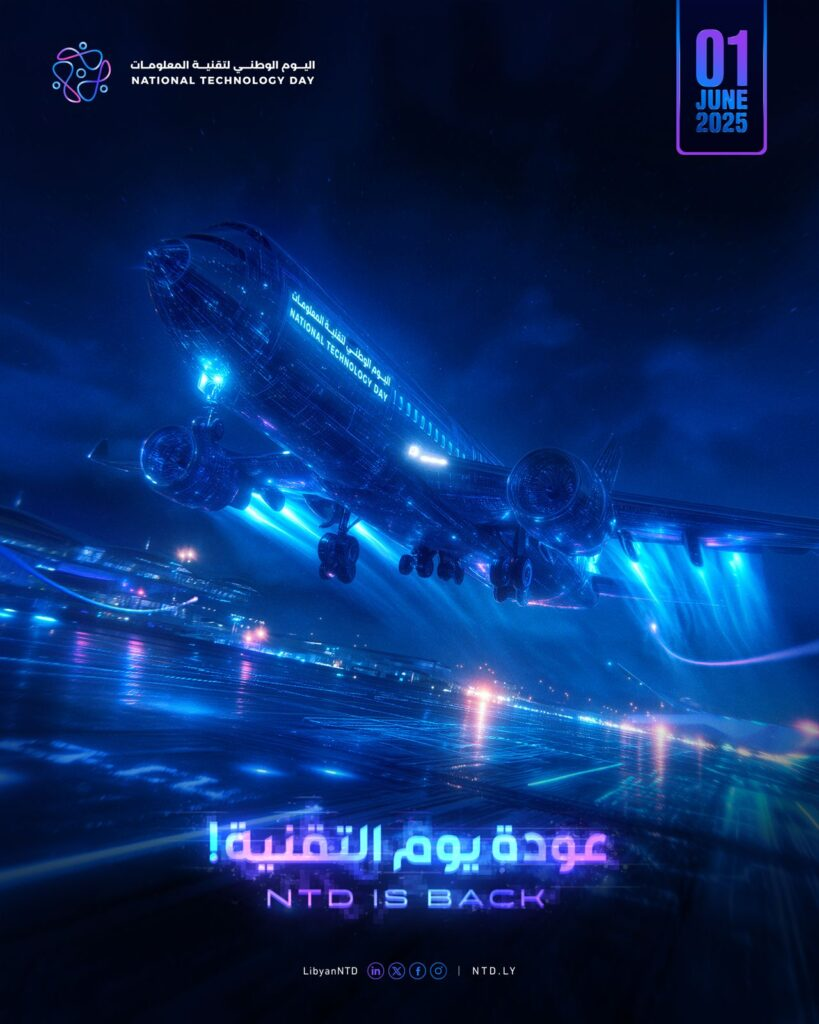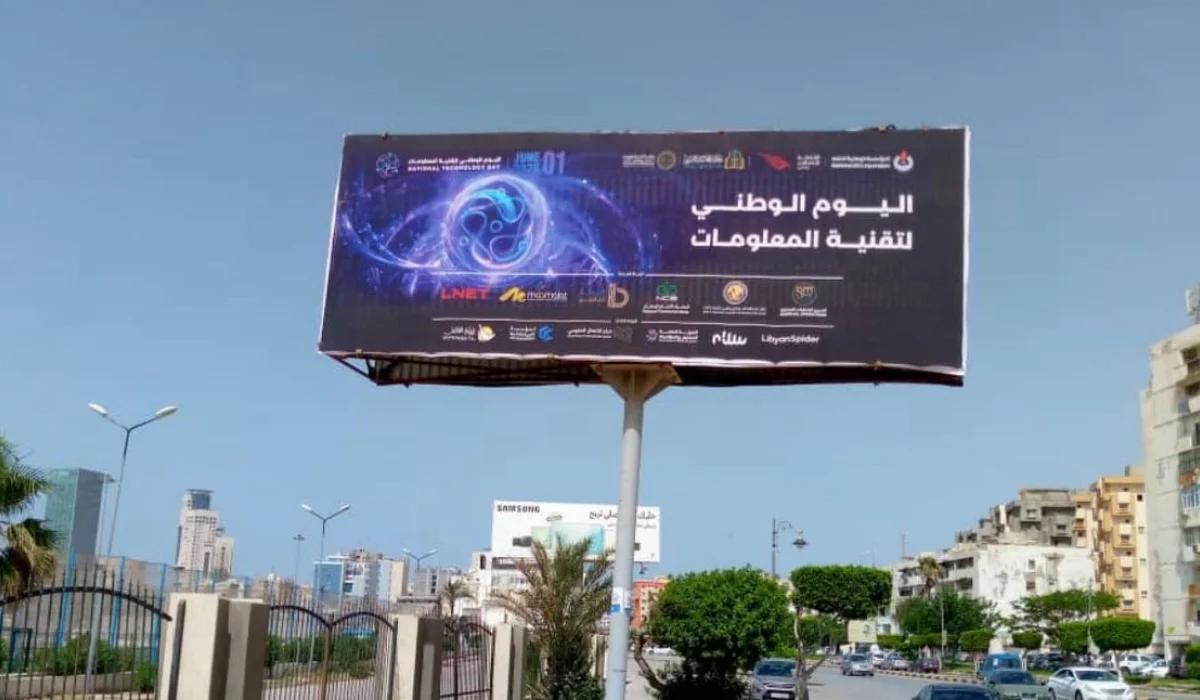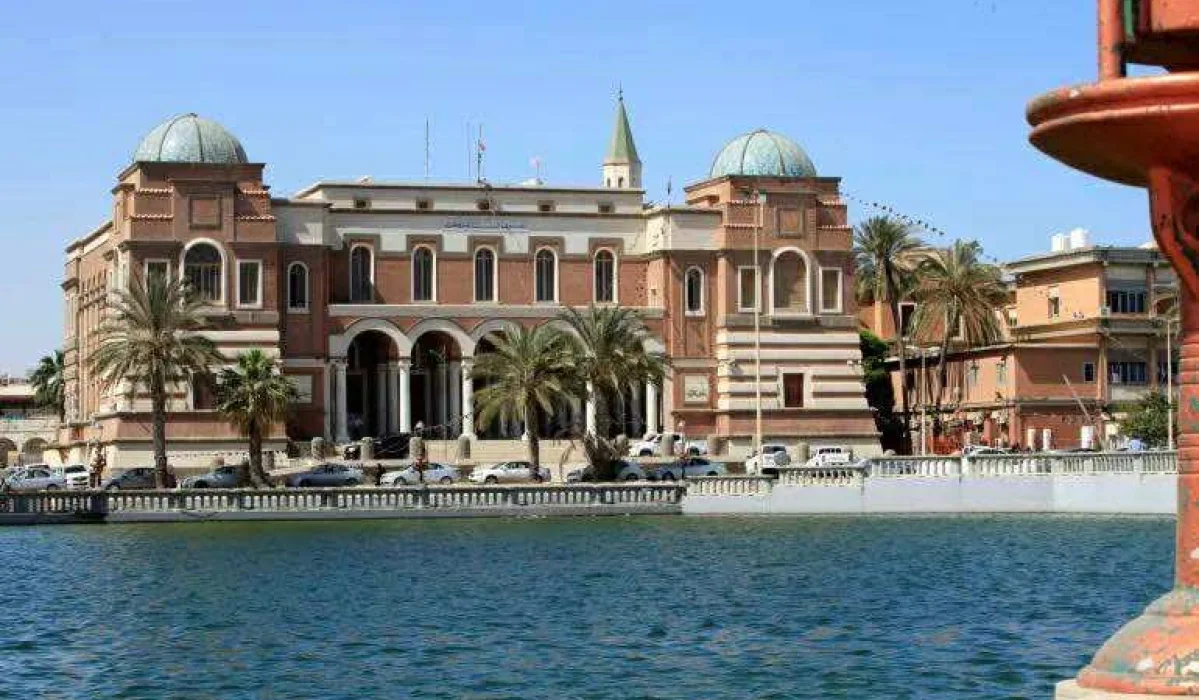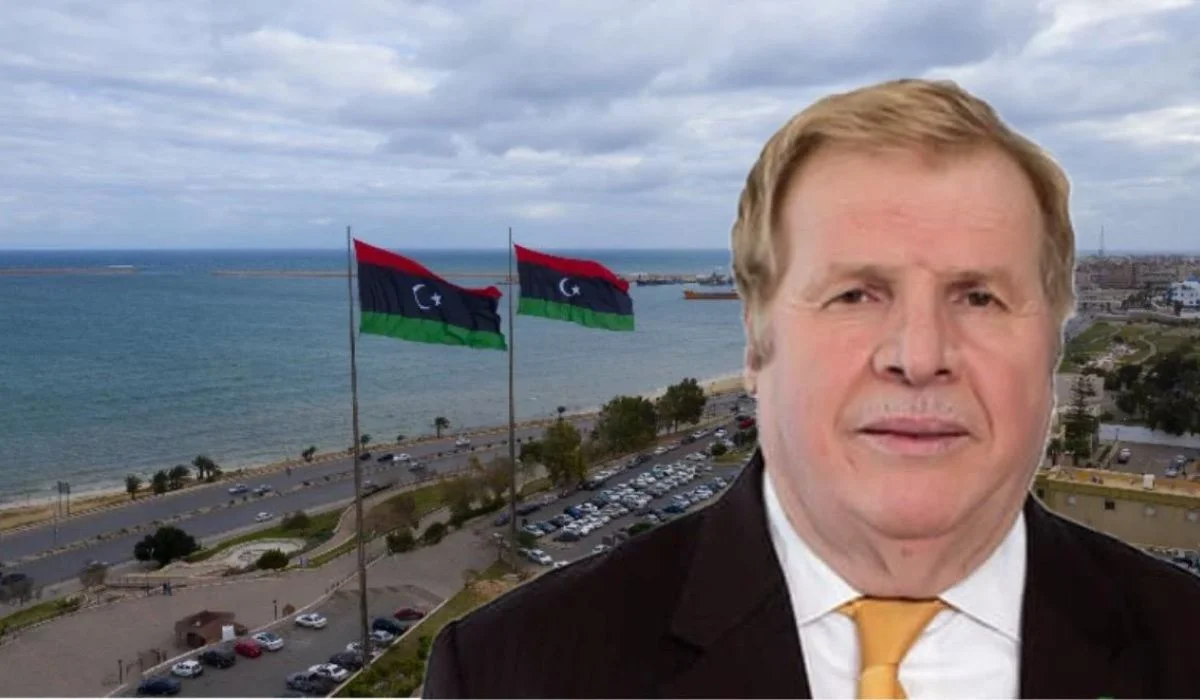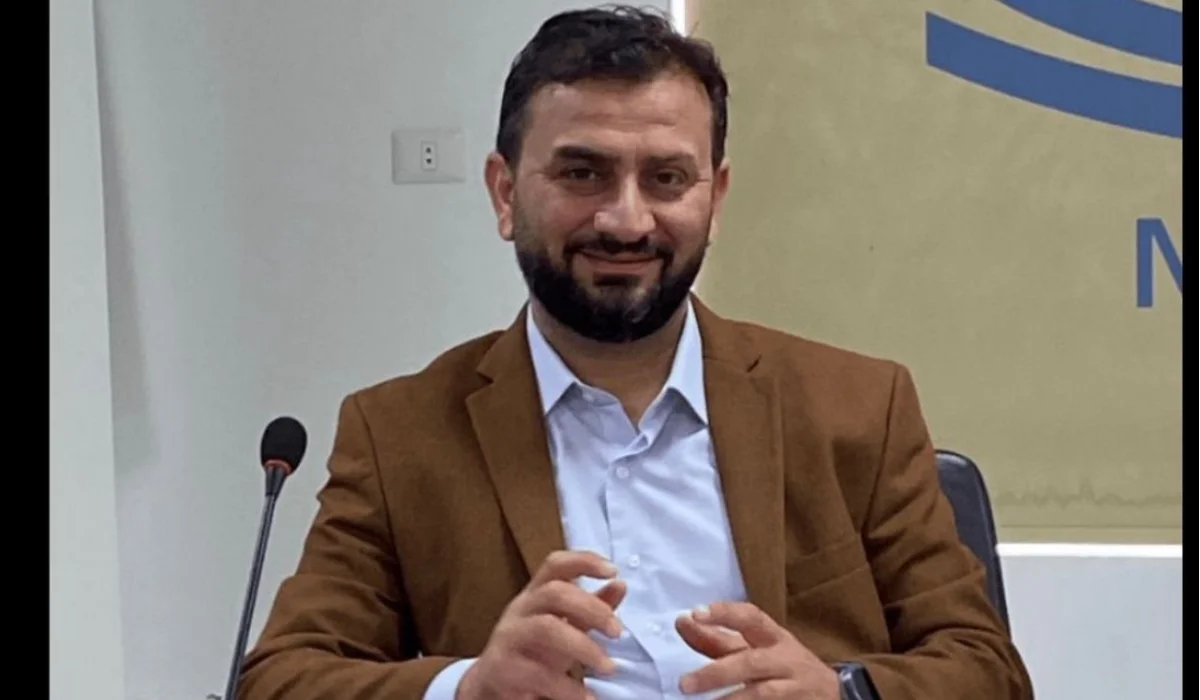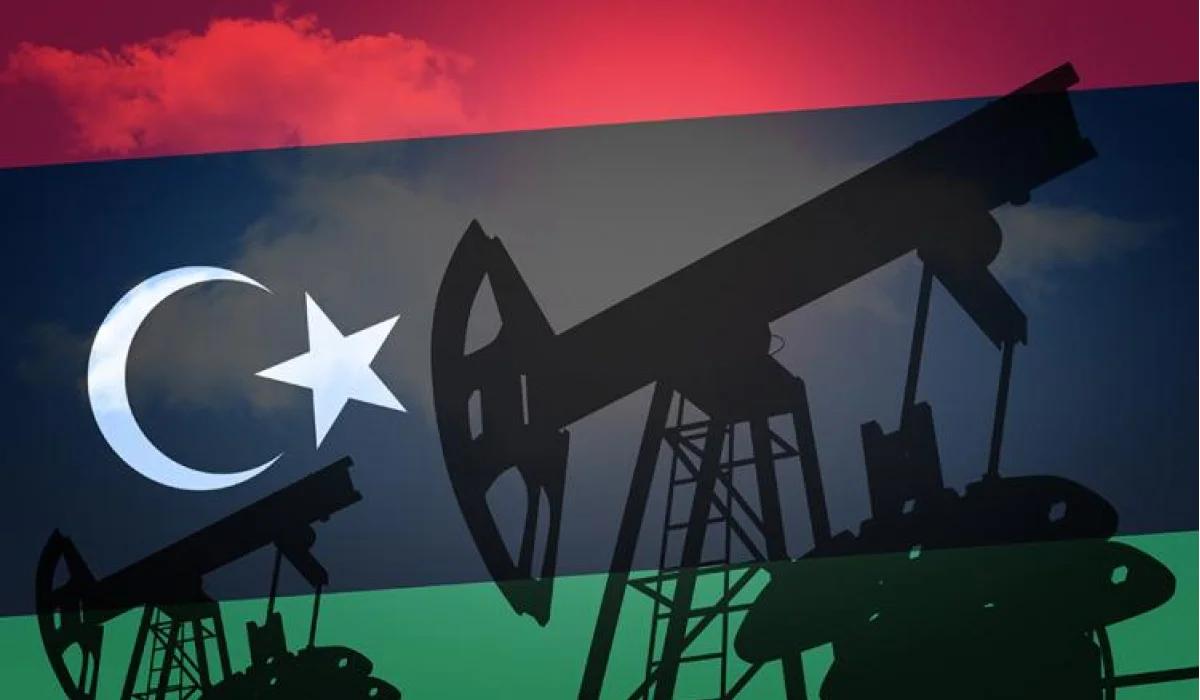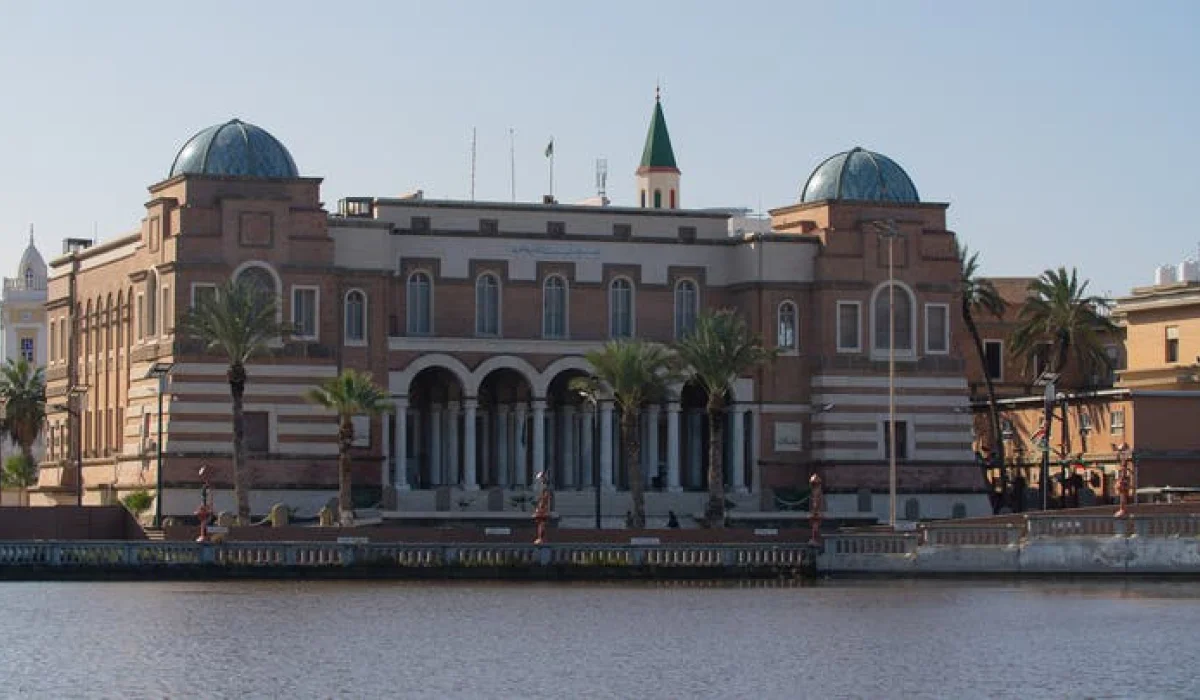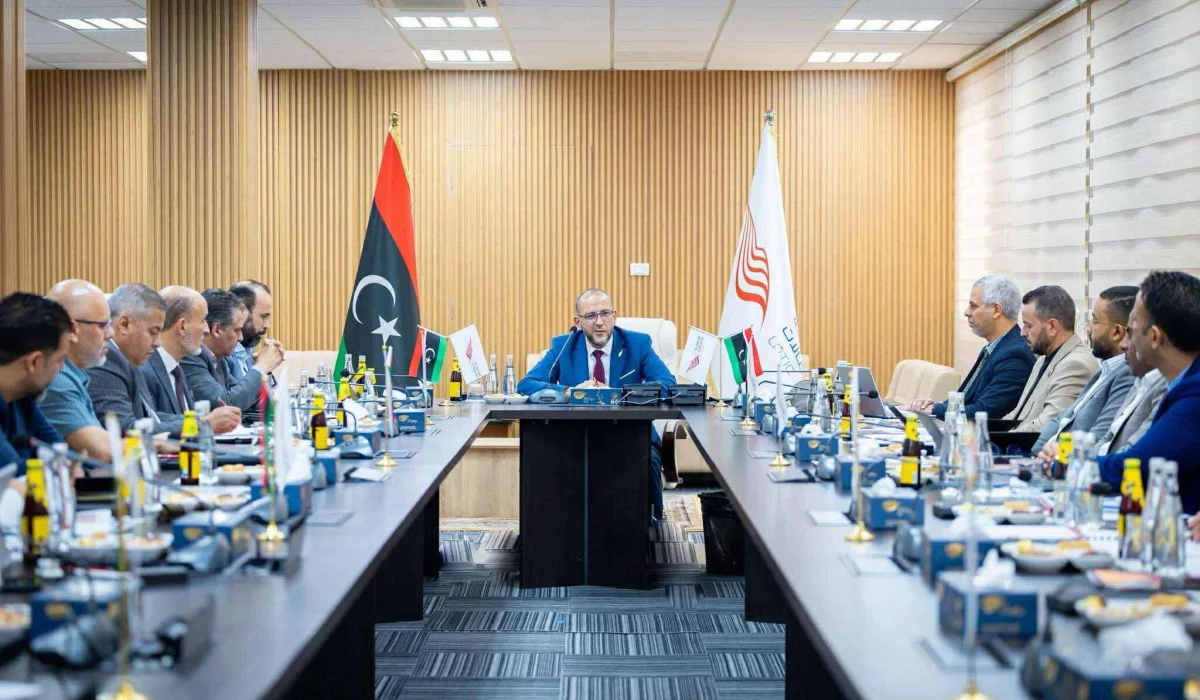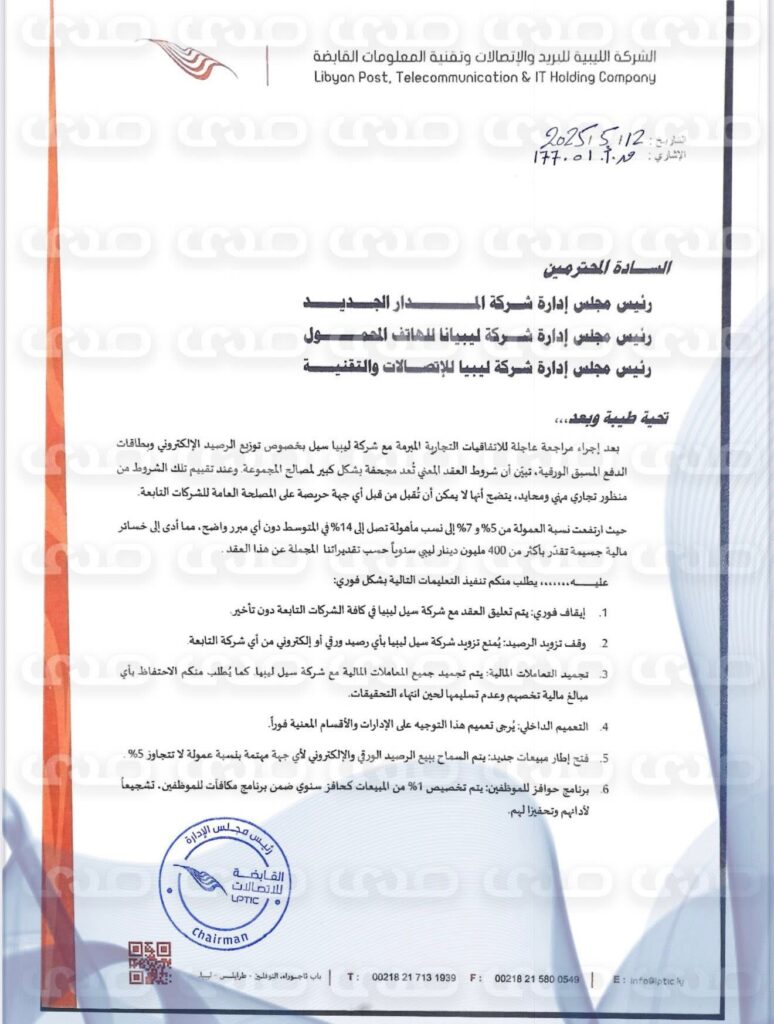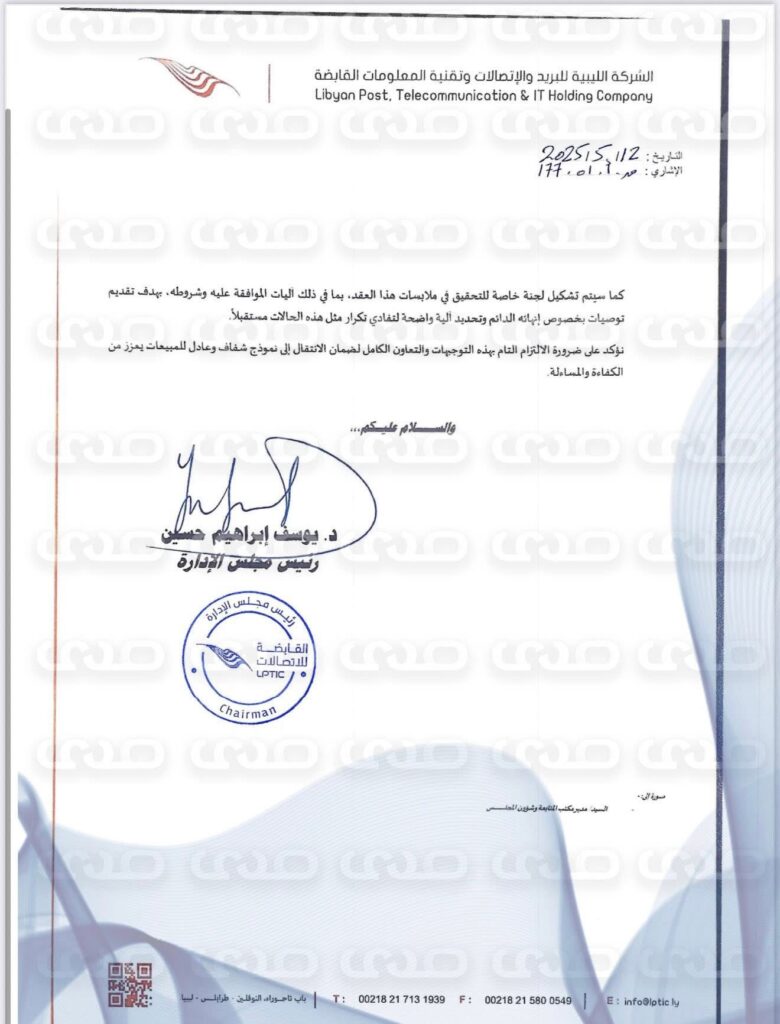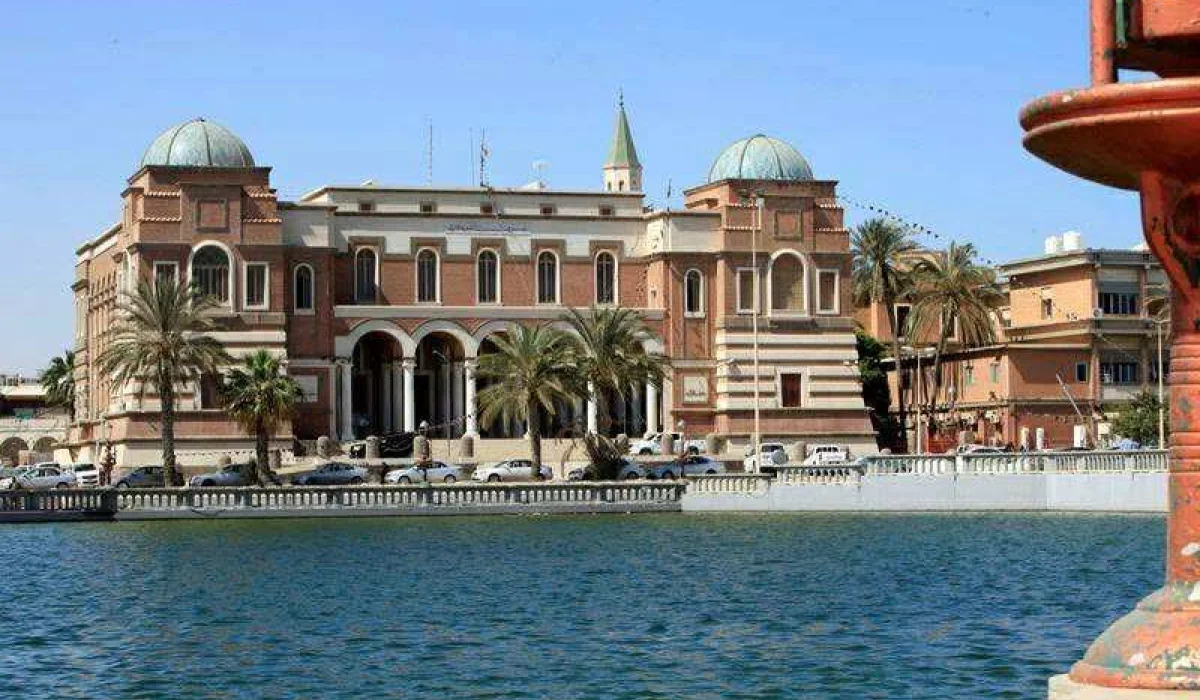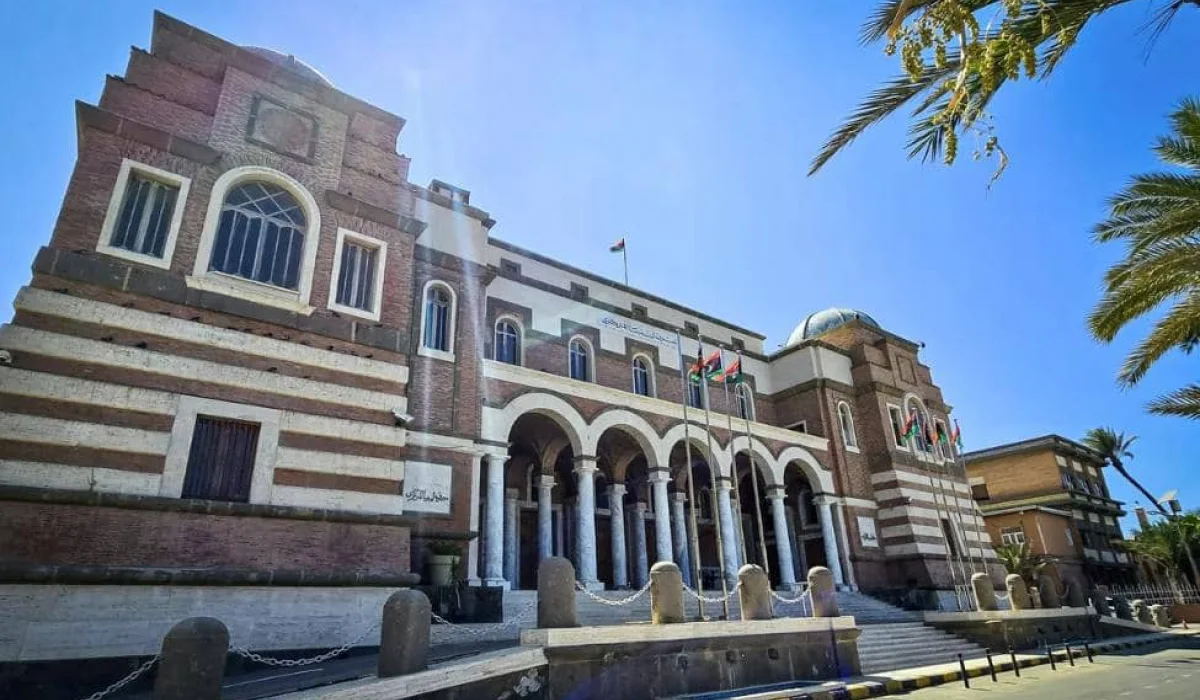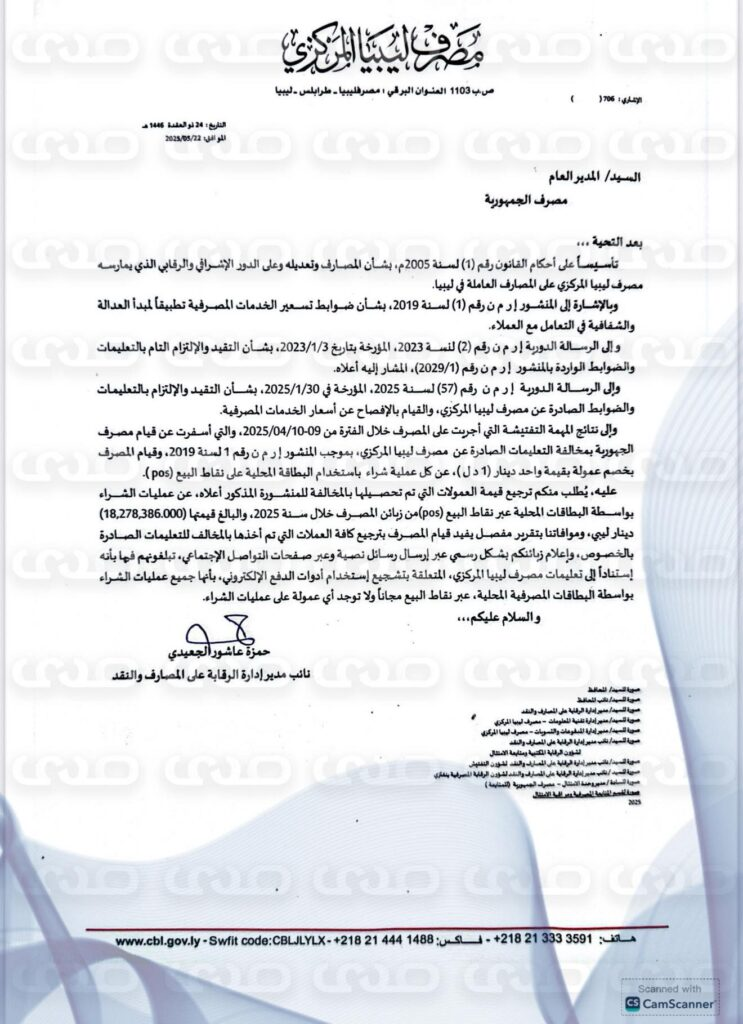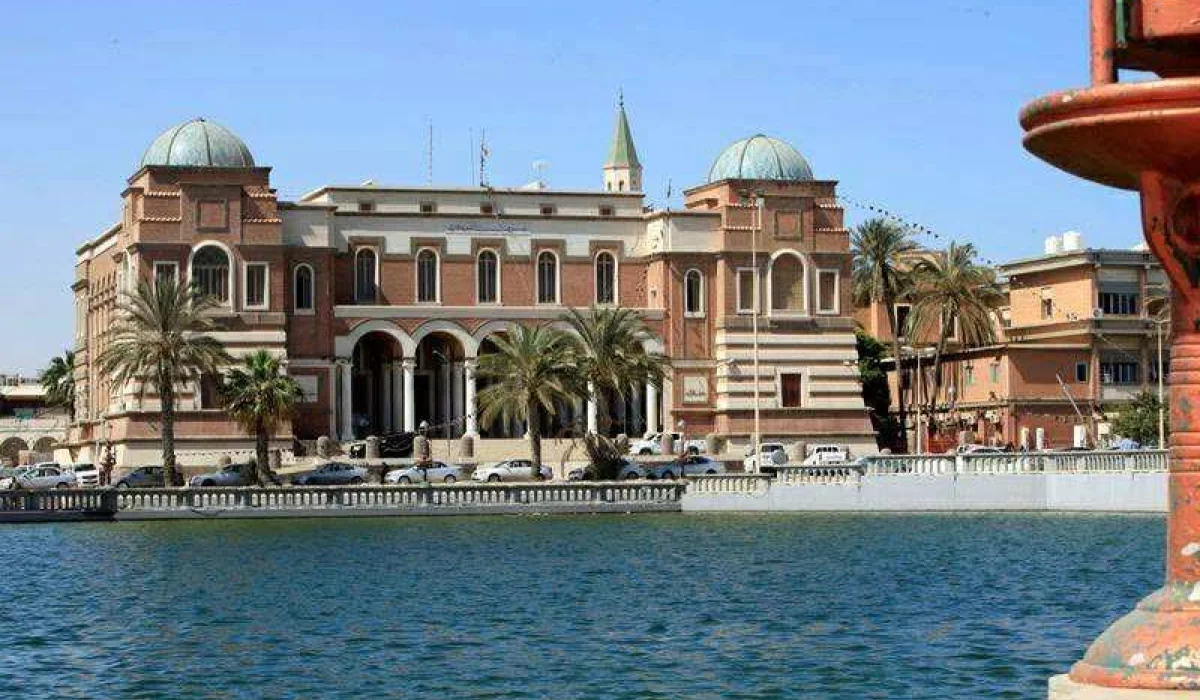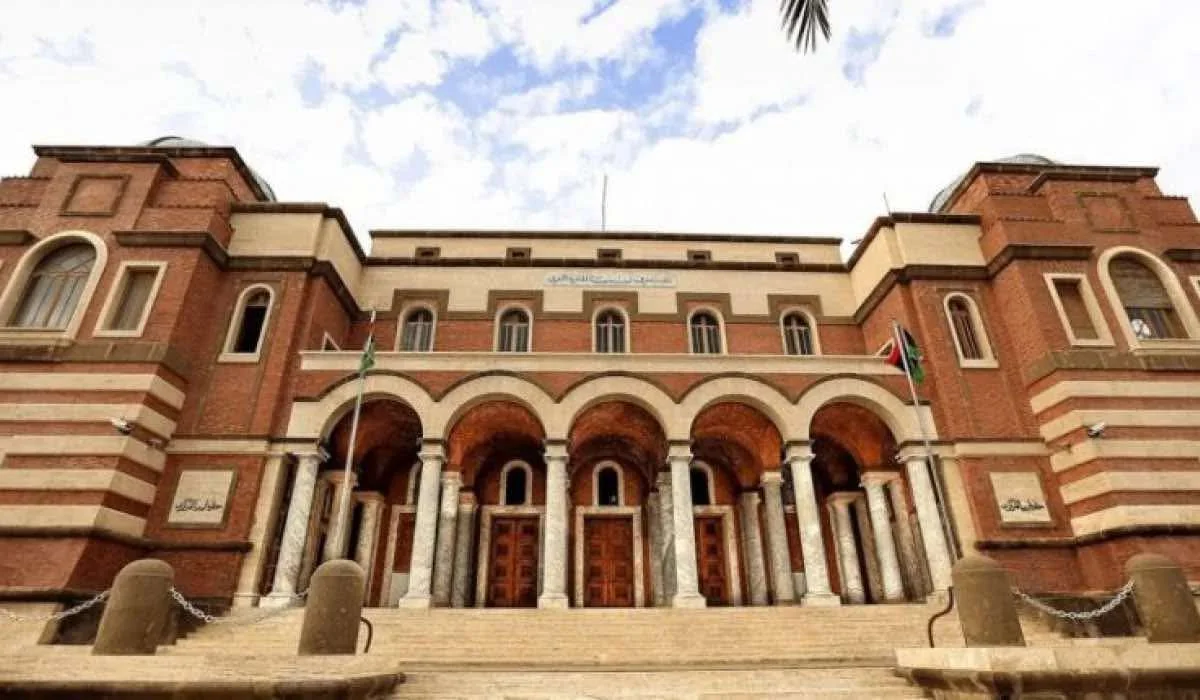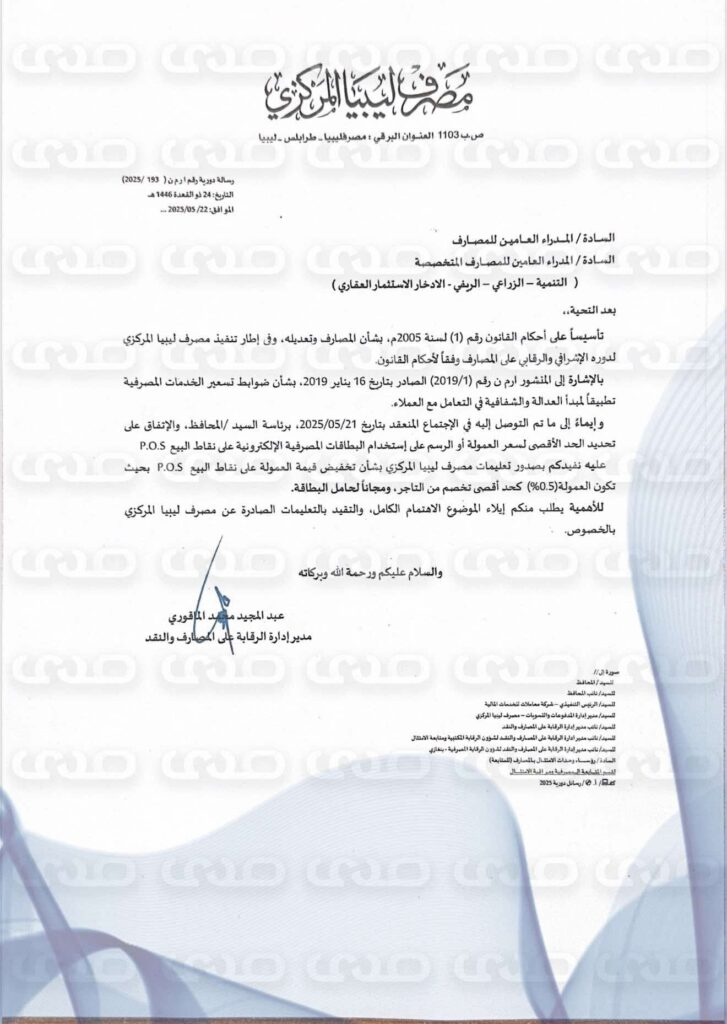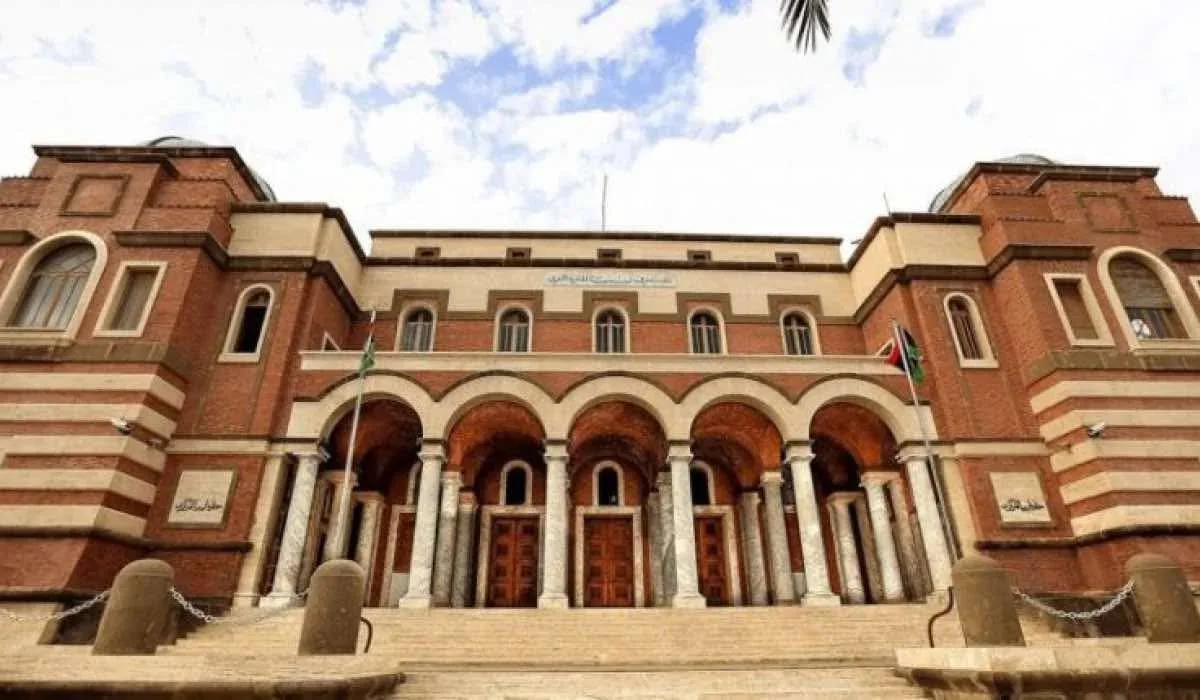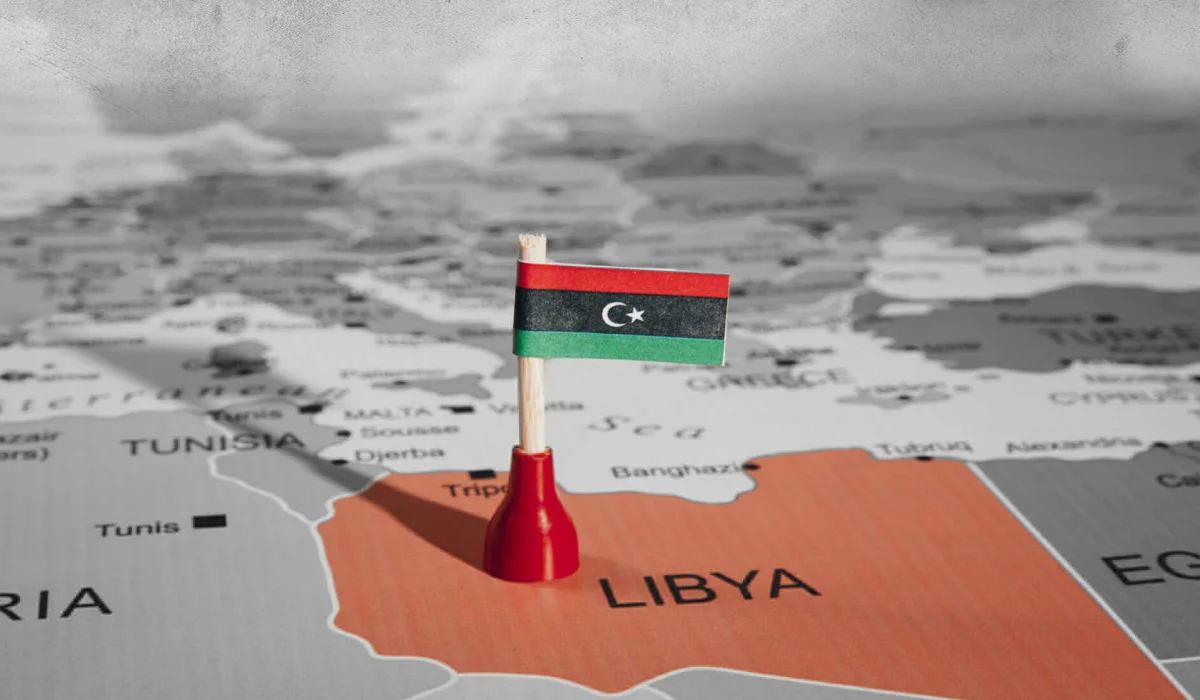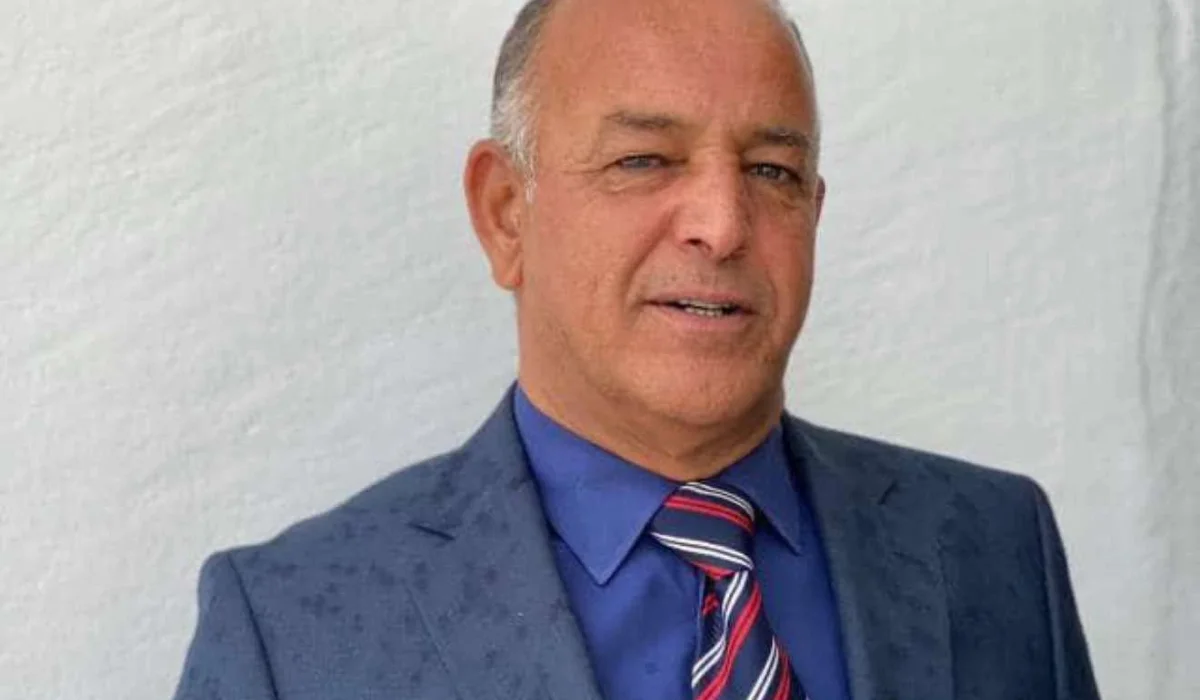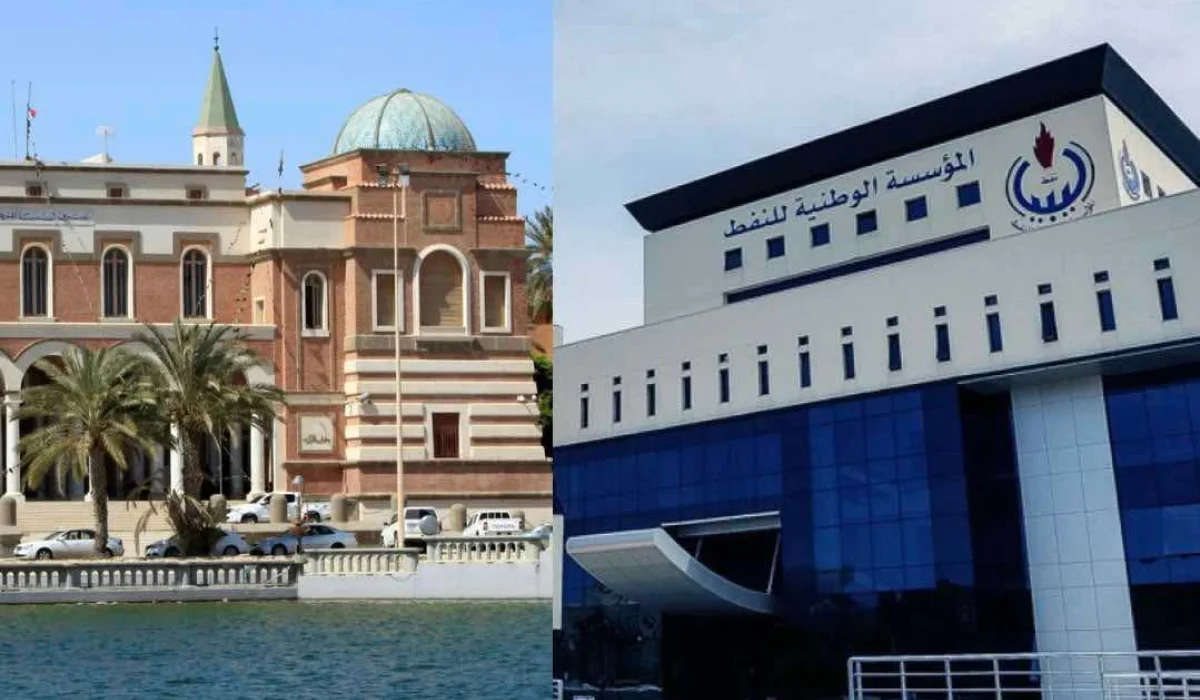Libya Celebrates National Information Technology Day 2025 with Events in 22 Cities to Promote the Digital Future, Supported by Major Institutions
Libya is preparing to celebrate the “National Information Technology Day” on June 1, 2025, under the central theme:
“IT Leaders… The Driving Force for Change and Innovation, Towards Building Libya’s Future in the Technological Worlds.”
This celebration, which will include more than 30 diverse events across over 22 Libyan cities, crowns efforts aimed at strengthening the role of technology in driving development and bridging the digital divide in the country. It also emphasizes the vital importance of this sector in shaping Libya’s future.
The adoption of National Information Technology Day originated from a proposal submitted by the “Libyan Technology Foundation,” formerly known as the “Libyan Organization for Information Technology and Communications,” to the Government of National Unity in mid-April 2021.
This day was officially approved by Resolution No. 79 of 2021, making June 1 of each year a national occasion to celebrate achievements in the IT sector and highlight its vast potential.
The events of National Information Technology Day aim to raise awareness about the possibilities that technology and information and communication technologies (ICT) can offer to societies and economies, as well as explore ways to close the digital gap.
The 2025 edition will feature a variety of activities, including:
- Main Event – IT Leaders Forum: A gathering of officials and pioneers in technology and communications to celebrate the power of technology to create change, discuss future technologies, and enhance cooperation among different stakeholders in the field.
- Developers Summit: The fourth edition of the annual “Developers Summit” will be held as part of the National IT Day. This important event brings together Libyan developers from across the country, providing them the opportunity to discuss a range of technical and non-technical topics of interest, and exchange experiences in technology and life.
- Cybersecurity Forum: A youth-focused technical forum gathering creative and interested young people from across Libya in the field of cybersecurity.
This important national event enjoys official sponsorship from leading national institutions, reflecting governmental and institutional interest in supporting the sector.
The list of official sponsors includes the Libyan Audit Bureau, the Communications Holding Company, and the National Oil Corporation.
Additionally, several prominent event sponsors support the celebration, including Sirir Oil Operations, Mu‘amalat Financial Services, Zalaf Oil and Gas Exploration, LNet, the National Commercial Bank, and Al Baraka Insurance.
With the participation of key partners, notably the Libyan Technology Foundation, National IT Day 2025 is expected to be a unifying platform for thought leaders, innovators, and technology enthusiasts in Libya to exchange expertise and envision the country’s digital future.
It also represents a real opportunity to affirm Libya’s commitment to comprehensive digital transformation, harnessing modern technology capabilities to achieve sustainable development and build a strong knowledge-based economy.
